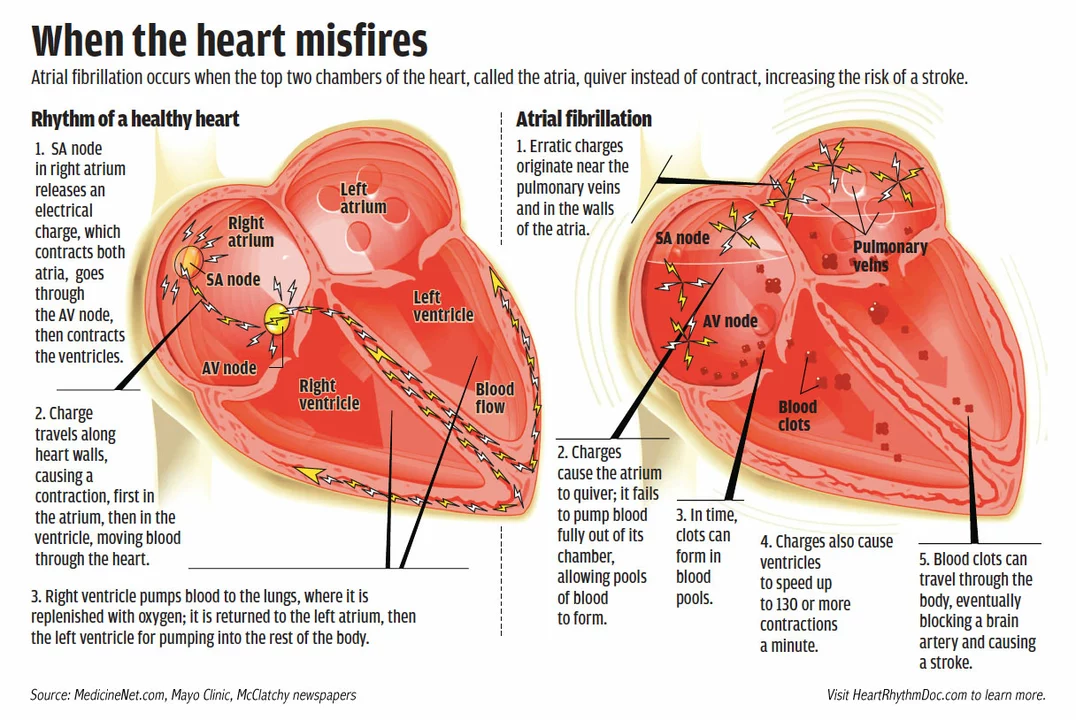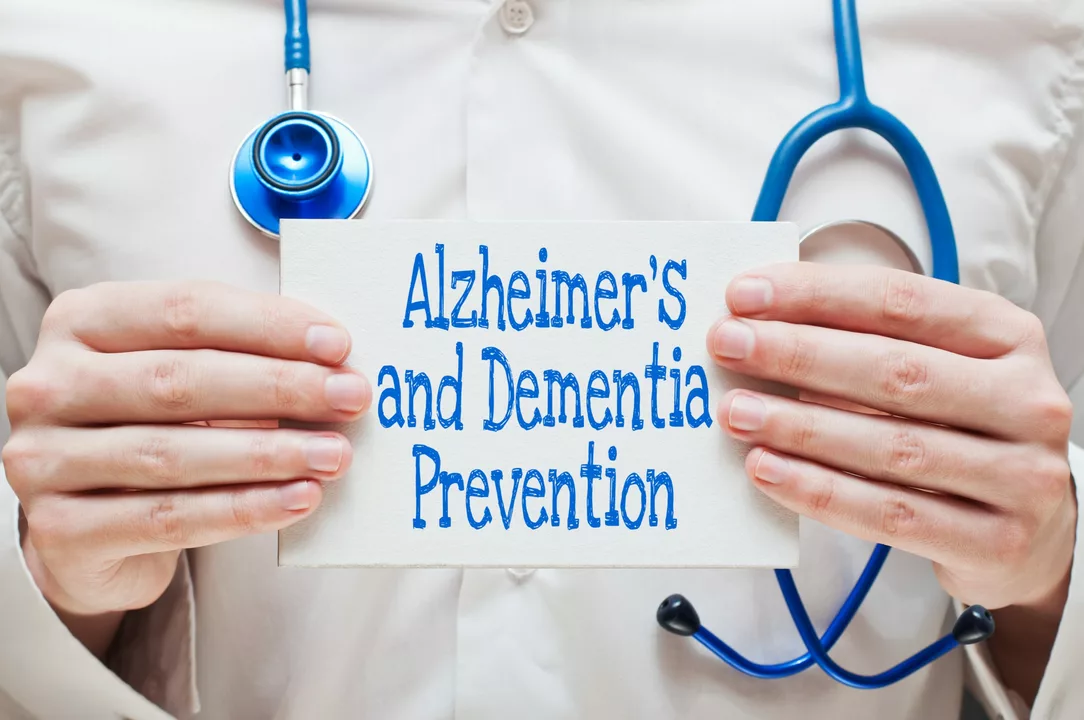Prevention: Keep Your Meds Safe and Working
Medication problems are preventable. A wrong dose, an interaction, or a shady online seller can cause real harm — but a few simple habits cut that risk fast. This page pulls useful prevention tips from our articles so you know what to check, how to monitor, and when to act.
Prevent medication problems
Start with a clear medicine list. Write down every prescription, over-the-counter drug, and supplement you take. Share that list with every provider and pharmacist you see — it helps spot interactions and duplicate therapy before they cause trouble.
Know the red flags. Sudden rash, swelling, trouble breathing, fainting, severe stomach pain, or new confusion are reasons to stop the drug and get medical help. For less urgent but still important issues — like persistent nausea, dizziness, or mood change — call your prescriber or pharmacist within a day or two.
When switching meds (for example, thyroid hormones or antidepressants), ask about timing and tests. Some drugs need lab checks weeks after a change — TSH for thyroid meds usually at 6–8 weeks, for example — so agree on a schedule beforehand and set reminders.
Practical prevention checklist
Use this short checklist whenever you start, stop, or buy a medication.
- Verify the source: If buying online, confirm the pharmacy’s license, look for real contact info, and require a prescription. Avoid sites that ship controlled drugs without a prescription or offer unreal prices.
- Check the label: Match the drug name, dose, and directions to your prescription before taking the first dose. Call the pharmacy if anything looks off.
- Ask about interactions: Show your med list and ask the pharmacist about dangerous combos — some over-the-counter meds and supplements matter a lot.
- Set up monitoring: Ask if blood tests, blood pressure checks, or other monitoring are needed. Mark these on your calendar.
- Store and dispose safely: Keep meds in a cool, dry place away from kids and pets; use take-back programs for disposal.
- Use tools: Pill boxes, alarms, and apps reduce missed doses and accidental double-dosing.
Your pharmacist is a prevention partner. They can review interactions, suggest safer alternatives, explain side effects, and flag suspicious online sellers. If something feels wrong with a refill or a new drug, call them before you start taking it.
Prevention doesn’t need to be complicated — a few checks, a clear plan for monitoring, and open communication with your healthcare team keep you safer and save stress. If you want specific how-tos for buying certain drugs online or managing a switch, our linked articles cover step-by-step tips and real-world examples.

- 9 Comments
As a blogger, I've come to learn that heart rhythm disorders can be quite concerning and disruptive to our daily lives. It's important to know that triggers for these disorders can include stress, excessive caffeine intake, and even certain medications. To avoid these triggers, we should focus on reducing stress through relaxation techniques, limiting our caffeine consumption, and consulting with our doctors about any medications we take. By being mindful of these potential triggers, we can take steps towards maintaining a healthy heart rhythm and overall well-being. Remember, a healthy lifestyle is key to a healthy heart!

- 10 Comments
As a blogger, I feel it's important to shed light on the hidden dangers of untreated sexually transmitted infections (STIs). Many people underestimate the long-term consequences of leaving STIs untreated, which can lead to severe health complications. These may include infertility, chronic pain, and a higher risk of contracting other infections like HIV. It's crucial to get regularly tested and seek appropriate treatment if diagnosed with an STI. Spreading awareness and encouraging open conversations about sexual health can help reduce the stigma surrounding STIs and promote better overall health.
